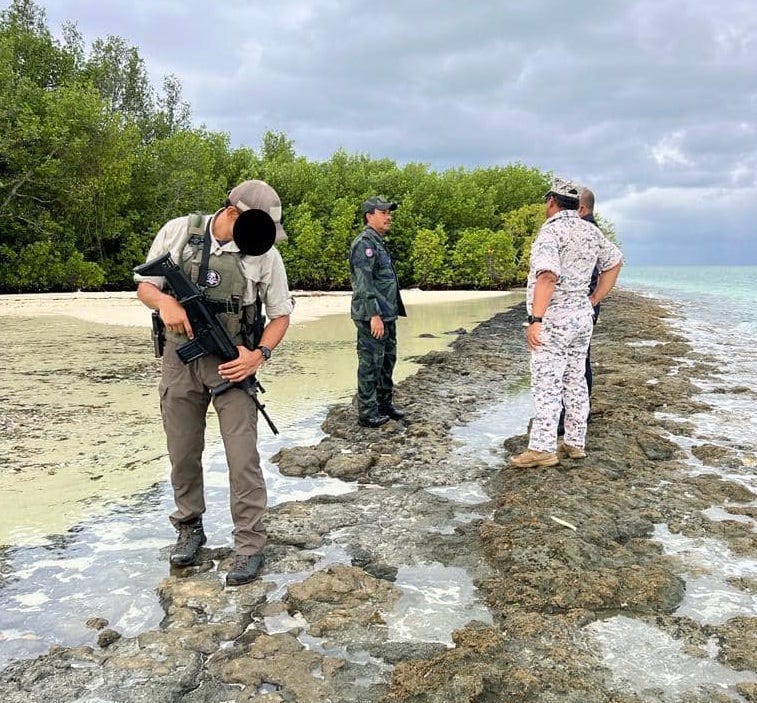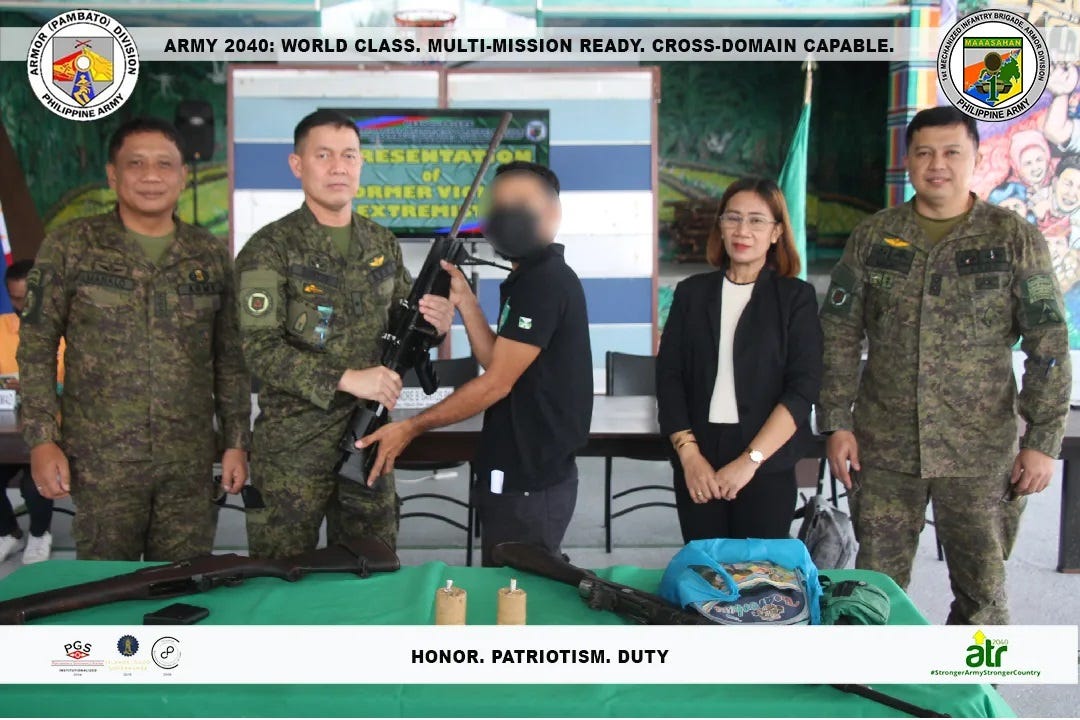Malaysia mulls indigenous border force revival; Abu Sayyaf leader 'killed' in southern Philippines
SEA MILITANCY's roundup of last week's counterterrorism events.

SABAH: Malaysia’s plan to revive a 1960s-era indigenous border force to stem transborder crime including the movement of militants and the reported death of an Abu Sayyaf Group (ASG) subleader in the southern Philippines are SEA MILITANCY’s Akhbar Al Aan’s terrorism highlights from last week in Southeast Asia.
The Malaysian Borneo state of Sabah is looking into reviving the former force know as the Border Scouts as part of additional overland security measures, said the state’s chief minister Hajiji Noor.
Although the state’s security situation has greatly improved especially at sea following the setting up of the Eastern Sabah Security Command or Esscom, many other criminal activities still continue overland such as crossborder smuggling of subsidised essential goods, among others.
Sabah has also been used as transit points of militants from Indonesia and Malaysia to enter the southern Philippines for terror activities.
The Border Scouts would provide a security boost, Hajiji told reporters, adding the unit would be treated as state officers and paid by the state government.
The Border Scouts, a paramilitary unit formed in 1963 and trained by the British, played an important role in warding off incursions by the Indonesian army in the south of Sabah during the 1963-1966 conflict when Indonesian President Sukarno opposed the formation of Malaysia.
The Basilan province-based ASG subleader, Pasil Bayali, reportedly succumbed to his injuries sustained during firefights with Philippine government troops, which led to the surrender of 14 of his men, said Brigadier General Alvin Luzon, commander of the army’s Basilan-based 101st Infantry Brigade.
Bayali was reported to have been wounded when troops overran an ASG encampment in Sitio Lobloban Guiong village, Sumisip municipality, Basilan, on June 3.
Apparently, authorities have not found Bayali’s body, raising concern if this is the terror leader’s faked death.
Past ASG leaders are known to have faked their deaths only to have reappeared later in person or on social media before they were neutralised.
Luzon said the 14 ASG bandits surrendered through the collaborative efforts of local government units, security sector and the community.
Meanwhile, 11 members of another pro-Islamic State local terror outfit, the Dawlyah Islamiya (DI) - Maguid Group, surrendered to the Philippine army in the southern province of Sultan Kudarat.

They surrendered to the 5th Special Forces Battalion of the Special Forces Regiment and were formally presented to Brig. Gen. Andre B Santos, the commander of the 1st Mechanized Infantry Brigade in a ceremony at the brigade’s headquarters at Camp Leono, Tacurong City.
The surrendered terrorists came from the province of South Cotabato and turned over high-powered firearms consisting of two 7.62mm M14 rifles, one cal. 50 sniper rifle, two improvised explosive devices and a hand grenade.



